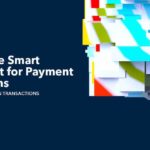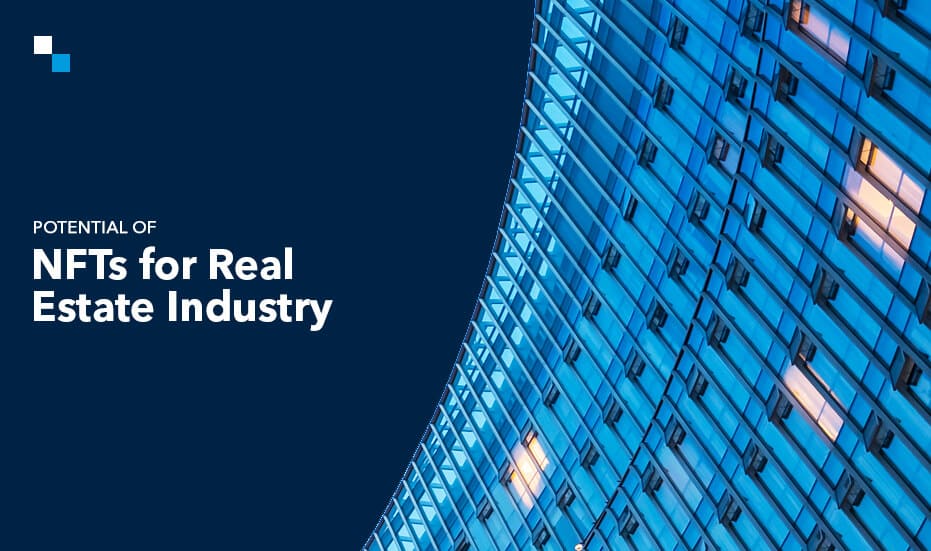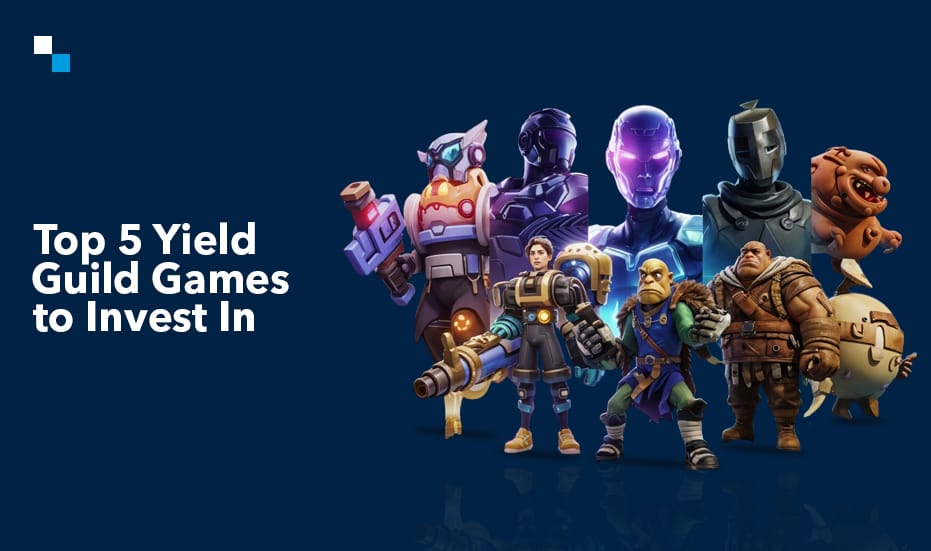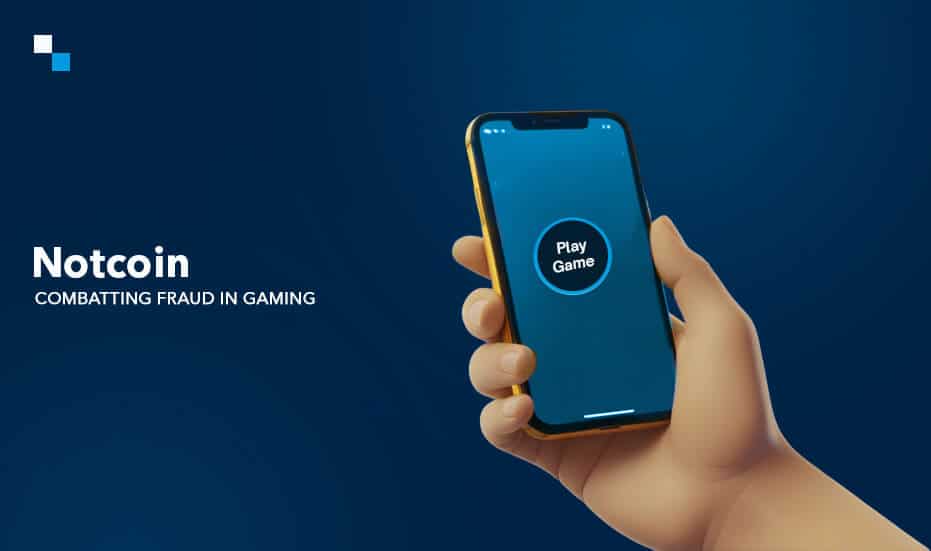
Smart Contract for Payment Solutions- Streamlining Business Transactions
April 4, 2024
Current Trends in the World of Cryptocurrency Development- Top Catalysts
April 4, 2024The introduction of Non-Fungible Tokens (NFTs) has brought approximately a striking move in every domain industry by highlighting fractional ownership as a basic range of development and opportunity. With the bolster of NFT innovation, fractional ownership brings a revolution in numerous aspects of NFT real estate development including property procurement and investment, offering enhanced accessibility and adaptability to both individual and institutional stakeholders.
With fractional ownership real estate NFT, properties can be divided into smaller, more manageable units; each unit is represented by a distinct digital token. Real estate investing is now more accessible thanks to this fractionalization, which makes it possible for people to own fractional shares in expensive but previously unaffordable assets.
Leveraging NFTs for Real Estate Industry
NFT virtual real estate comes equipped with countless benefits for the entire real estate industry. Here are the top benefits-
- Enhanced Accessibility: Fractional NFT real estate ownership makes real estate investing accessible to a larger group of people, even those with little financial resources.
- Streamlined Transactions: By automating processes like paperwork and payments, smart contracts cut down on time, complexity, and error-proneness.
- Enhanced Liquidity: Compared to traditional real estate, NFTs that reflect ownership can be readily traded on marketplaces, providing greater liquidity.
- Enhanced Transparency: By generating a safe and visible record of ownership history, the blockchain underlying NFTs lowers the possibility of fraud.
- Decreased Costs: NFT virtual real estate uses smart contracts to automate procedures and do away with middlemen, which may result in cheaper transaction costs.
- Frictionless Rentals: By automating payments and minimizing conflicts between renters and landlords, smart contracts can oversee rental agreements.
- Globalized Market: NFT real estate platform development is accessible to investors worldwide, overcoming geographical restrictions to enable participation.
What are Examples of NFT Real Estate?
The concept of NFT for real estate is still evolving, but here are some early pioneering examples:
- St. Regis Bahia Beach Resort, Puerto Rico: In 2023, the luxury resort offered fractional ownership of a beachfront villa via NFTs. Investors gained access to exclusive benefits and vacation stays.
- Blockchain-based platforms: Platforms like Propthereum and BrickVest are tokenizing real estate assets, allowing investors to buy shares of properties through NFTs.
- The Sandbox Metaverse: This virtual world allows users to purchase and develop virtual land parcels as NFTs. These plots can be used for various purposes, like building virtual stores or hosting events.

Steps to Successful NFT Real Estate Development
For robust NFT real estate platform development, one must follow the following steps that ensure long-term success backed by utmost efficiency and security.
- Pick the Property: Pick a property with good investment potential, taking into account elements like future development, rental income, and location.
- Legal and Regulatory Framework: Verify that the rules governing NFTs and real estate tokenization are being followed. Collaborate with professionals in law and finance to maneuver through this dynamic terrain.
- Tokenization Process: Specify how your NFTs are organized. Does it signify total or partial ownership? Find out what each token’s profit-sharing plan and voting rights are.
- Development of Smart Contracts: Construct a safe smart contract that controls the ownership, management, and transfer of the NFT real estate. This self-running code guarantees transparency and automates processes.
- Marketing and Community Building: Draw attention to the advantages and value proposition of your NFT project while pitching it to possible investors. establishing a robust community.
- Platform Selection: Choose a reputable NFT marketplace that supports real estate tokenization and caters to your target audience.
Factors Deciding the Cost of NFT Real Estate Development
Here’s a list of factors deciding the cost of NFT real estate development:
1. Complexity of the project
- Simple fractional ownership with a single property will be less expensive than a platform offering various functionalities.
- Do you plan to integrate with existing marketplaces or build your own?
2. Team expertise
- Hiring experienced blockchain developers and smart contract specialists comes at a premium.
- The size and location of your development team will also impact cost.
3. Blockchain platform selection
- Different blockchains have varying transaction fees and functionalities impacting development complexity.
- Popular choices like Ethereum might be pricier than emerging platforms.
4. Smart contract features
The number and complexity of functionalities programmed into the smart contract will affect development time and cost.
5. Security audits
Rigorous security audits are crucial to protect investor funds. The scope and depth of audits will influence cost.
6. Marketing and community building
Creating a successful NFT project requires attracting investors. Marketing strategies and community management tools can add to the cost.
7. Legal compliance
Consulting legal professionals to ensure adherence to regulations will incur fees.
8. Data security measures
Robust data security measures are essential. The level of security implemented will impact cost.
Partner With the Best NFT Real Estate Development Company
Take your real estate business to the next level with Antier, an award-winning NFT real estate development company with a strong portfolio of delivering flawless projects to global audience. Book a free consultation now and get assistance from the subject matter experts.



